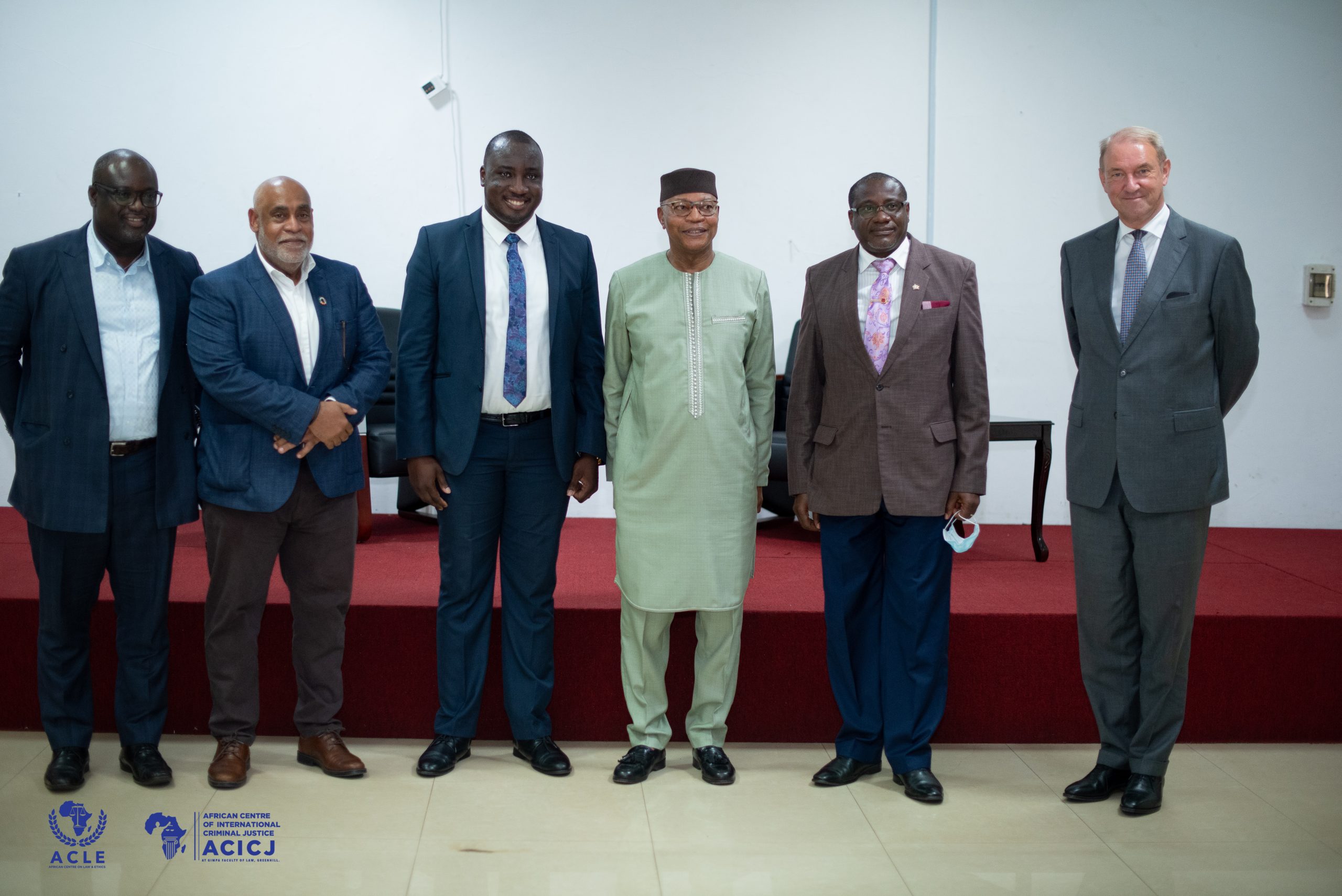The African Centre on Law on Ethics (ACLE) and the African Centre of International Criminal Justice (ACICJ) in collaboration with the GIMPA Faculty of Law launched the second season of the law and ethics web series on October 21, 2020.
It was on the theme: ‘The Changing Face of Diplomacy in the Twenty-First Century.’
In his remarks as the speaker, Dr. Mohamed Ibn Chambas, Special Representative of the Secretary-General and Head of United Nations Office for West Africa and the Sahel (UNOWAS), said the theme was apt as it offered a platform to discuss and examine diplomacy to the changing world order and its challenges brought about in the 21st century.
According to Dr. Chambas, modern diplomatic practices are a product of the post-renaissance European state system.
‘Diplomacy in the 20th century was marked by the creation of the United Nations (UN) in 1945 when there was widespread recognition by world leaders of the need for a platform that would encourage dialogue, negotiations and others,’ he stated.
He further explained that this led to hope instead of cynicism, proactive engagement over indifference and cooperation over distrust.
Dr. Chambas indicated that the UN has, since its creation, emerged as an indispensable organization for global governance with major achievements amidst a lot of challenges.
‘The UN has mounted over 200 peace operations and also facilitated hundreds of international agreements on issues from human rights to biodiversity,’ he emphasized.
He, however, stated that in the West Africa region, while individual country contexts are widely different, the general threats to the consolidation of democracy can be attributed to weak institutions that had often led to the importation of anti-democratic movements.
This, he said, had led to the realization that no one country can make it on its own, hence the relevance of multilateralism and its ability to regulate both national and global interests.
Dr. Chambas was very optimistic that addressing the complex global challenges will require multilateralism at its peak and diplomacy at its best.
He further used the opportunity to entreat political actors in Ghana to embrace the principles of negotiation, consensus building and dialogue before, in the course of, and after the 7th December presidential and parliamentary polls.
The Deputy Rector of GIMPA, Prof. Martin Morgan Tuuli delivered the opening remarks at the event.
The in-person edition took place under the patronage of the Rector of GIMPA, Prof. Philip Ebow Bondzi-Simpson.
The series is proudly supported by the Dutch Ministry of Foreign Affairs.
Directorate of Corporate Affairs & Institutional Advancement
Dr. Mohamed Ibn Chambas speaks at Launch of Second Season of the Law and Ethics Web Series Held at GIMPA

